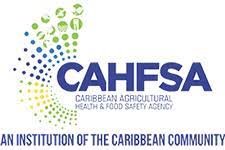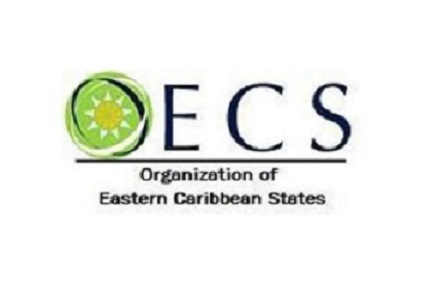Our planet is 70% water, with 22% used for industry and 0.3% used for drinking water. Earth is usually referred to as the ‘water planet’ as images taken from space show our planet has more water than land. The 0.3% of our drinkable water can be found in lakes, swamps, and rivers. Even though on the surface we have water, we cannot make use of a large amount of it. Of all the water on Earth, 99% is unusable by humans and other organisms.
Humans use 70% of water for agriculture. Globally, our water supply use has risen 6-fold in the past 100 years due to the demand for irrigation, which has been exacerbated by the growing human population. We use water for everything – cooking, cleaning, growing more plants and so much more. It is an important component of everyday life. As such, many countries in the Caribbean have started to implement more sustainable ways in which to grow crops without wasting water.
Climate changes have been negatively impacting nature, which has had an impact on human well-being. If there is no water available, we are left without a key component for growing our food, cleaning ourselves, and progressing as a society. Animals also depend on water to strive and grow their own species; most animals move away from places that don’t have water through migration. Around 68% of our water is found in ice caps and glaciers which are experiencing a meltdown at around $150 billion tonnes per year.
Biodiversity is all microorganisms, animals, plants, and fungi working together in an intricate web to balance and support ecosystems and water is a critical component that is needed to support biodiversity. Seed germination for plants requires water to trigger it, as soil facilitates inorganic mineral nutrition, which goes through the vascular tissues of the plant to circulate organic nutrients and minerals.
Water is important; wasting it while we have so little is a situation that needs to be changed. Globally, as the climate change crisis gets worse, many countries and cities are experiencing either draughts or severe flooding. Conserving water for humans, animals and plants is important as it is a major part of the cycle of life.
Read more about this from our sources below!
Source:
National Center for Biotechnology Information – Focus on Water
National Geographic – Earth’s Freshwater
World Wildlife – What is Biodiversity













